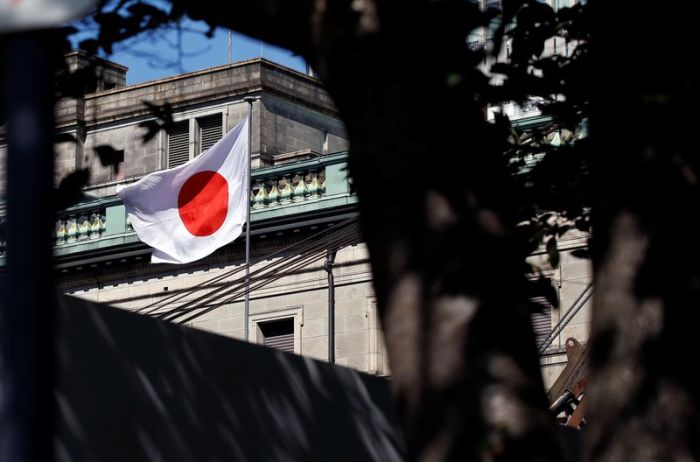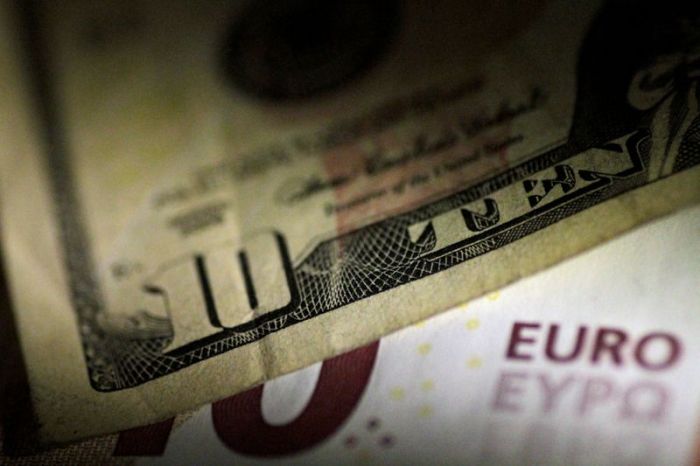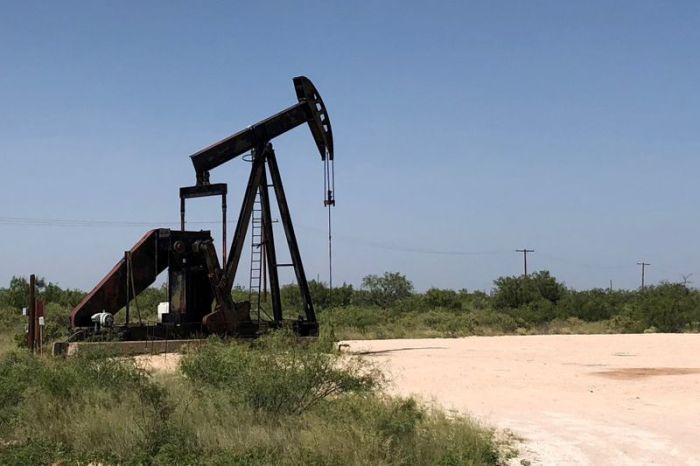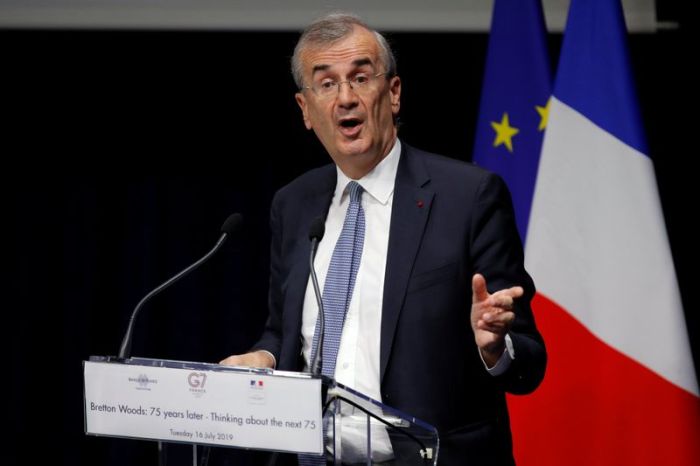BEIJING/SHANGHAI (Reuters) – Vulture funds cheering freer access to China’s $1.5 trillion in bad debt have flown straight into a knotty market complicated by coronavirus restrictions, at a time when similar curbs are serving up opportunities in easier, developed markets.
China agreed to fully open its non-performing loan (NPL) market in January’s Phase One Sino-U.S. trade deal, allowing foreign investors to buy loan portfolios directly from Chinese banks, without local middlemen.
Distressed debt specialists – or vulture funds – have been calling for easier NPL access for years, attracted by Beijing’s determination to modernise the market as well as the expectation of a rise in soured loans as China’s economy slows.
Foreign NPL investors including Oaktree Capital Management LP, Lone Star and Bain Credit closed a record 14 NPL deals in China last year, worth a combined $1.1 billion, showed data from consultancy PwC.
Before the new coronavirus began to throttle much of China’s economy in February, PwC said the deregulation would be a “game changer” for foreigners’ role in the country’s bad debt market.
But on-the-ground efforts to take advantage of easier market access have been stymied by limits on travel imposed to stop the spread of a virus that was first reported in China at the end of last year and has since led to over 184,000 deaths worldwide.
“What investors can do at the moment is ‘desktop review’ only,” said Shanghai-based partner John Xu at Linklaters LLP, referring to project analysis via digital images and files.
“Deals in the pipeline are jammed, and term sheets with signatures have piled up on the desk,” said Xu, whose clients include a bad loan company based in New York.
REGULATORY ROADBLOCKS
Vulture funds have also struggled with what they deem a lack of clarity around regional licences needed to operate local asset management companies (AMCs), said Xu.
Funds balk at the uncertainty of how long it takes to receive licences, or whether applications could be hindered by local unofficial licence quotas, Xu said.
“I’m dying for us all to be able to travel more and then come up and talk with regulators about what their preferences and concerns are,” said Singapore-based managing director Avery Colcord at U.S. alternative investment fund manager CarVal Investors.
CarVal closed two deals in China in 2018, PWC showed. It currently plans to launch a local-currency fund, Colcord said.
Colcord said CarVal is in discussions with Shanghai regulators regarding an application for a local AMC licence, but that the firm is “at the early stage of learning what a provincial AMC would be allowed to do”.
OVERSEAS OPPORTUNITIES
Some funds have also been distracted by opportunities in better-known markets such as Europe and the United States where virus restrictions have seen companies struggle with forced closure and housebound customers.
At least one global vulture fund has tasked some of its mainland China staff with analysing opportunities overseas, said a person at the fund familiar with the decision, who was not authorised to speak with media and so declined to be identified.
“Major distressed debt funds are likely to prioritise the European and U.S. markets in terms of investment and energy for at least two more years,” said a mainland China-based credit banker at a major Wall Street firm, pointing to the appeal of more established procedures and practices in mature NPL markets.
“China is non-negligible by size, so foreign firms are naturally interested, but that’s a story to tell afterwards considering the current situation.”
(Reporting by Cheng Leng, Samuel Shen and Ryan Woo; Editing by Jennifer Hughes and Christopher Cushing)
























